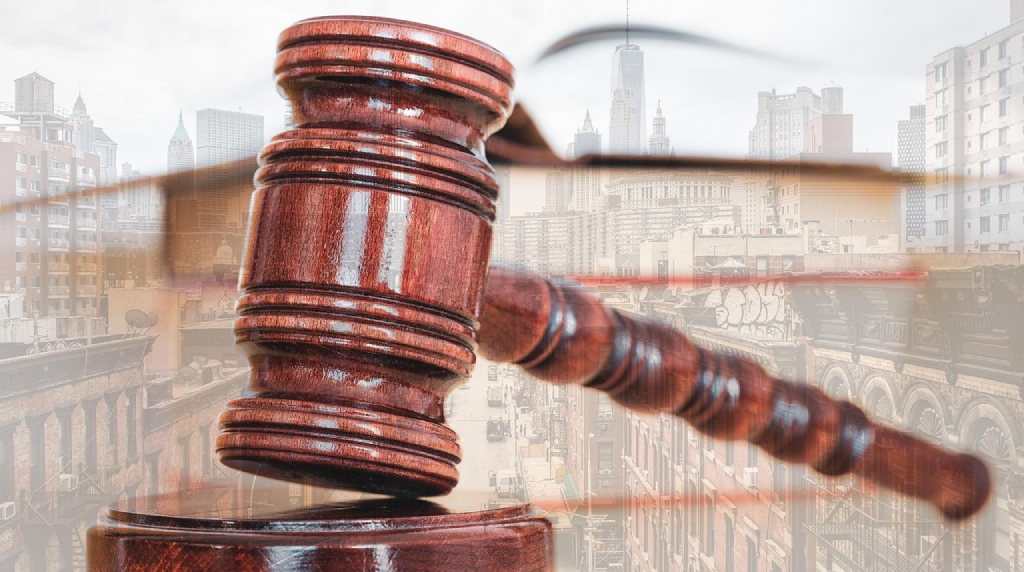Tech Giants Denied Section 230 Protection in Casino App Lawsuits
Tech Giants can face lawsuits after judge rules Section 230 doesn’t cover casino app payment processing.
Key Facts:
- Judge denies Section 230 immunity for Apple, Google, Meta in casino app lawsuit
- Ruling redefines line between payment processing and content hosting
- Companies earned 30% commissions on $2B+ in virtual chip purchases
- Case already certified for immediate Ninth Circuit Appeal
Three of the world’s largest tech companies just lost their most reliable legal shield in a groundbreaking case. Federal Judge Edward Davila ruled that Apple, Google, and Meta cannot hide behind Section 230 of the Communications Decency Act in an attempt to dodge lawsuits tied to casino-style apps.
Section 230 has long protected platforms from liability for the content created by others. But Davila’s 37-page decision sharpened a growing distinction: that processing payments isn’t always the same as hosting content.
What’s at Stake
These lawsuits, which date back to 2021 and were originally filed in 19 states, target social casino apps. They often mimic real casino apps with slot machines and tabletop games, but people buy virtual chips with real money, lose, and then buy yet again.
Plaintiffs argue that this is illegal gambling that fuels addiction, especially among vulnerable populations. And that the platforms don’t just allow these apps to continue offering their services but pocket as much as 30% on billions in “sales”.
The Judge’s Reasoning
The crux of the plaintiffs’ theory is that “the defendants improperly processed payments for social casino apps”, Davila wrote. It is beside the point whether that activity turns defendants into bookies or brokers.
Yes, 230 protects platforms from liability over content created by others, but here we have tech companies allegedly processing financial transactions for illegal gambling operations.
The tech companies had argued they were simply providing “neutral tools”, much like a credit card processor. Judge Davila does not appear to be buying that. He found they went beyond passive hosting to actively facilitating these alleged gambling operations.
Some of that is due to plaintiffs claims that the tech companies were complicit in using user data to help not only identify but also target “whales”. A gambling term for high rollers.
Plaintiffs also alleged that some users were left with suicidal thoughts, depression, and, of course, massive financial losses.
What Happens Next
Clearly recognizing the importance of the decision, Judge Davila has already taken the rather extraordinary step of certifying an immediate appeal even without either party requesting it to the Ninth Circuit Court of Appeal.
He stated that “reasonable minds could differ as to outcomes”. And noted that the impact of the decision was significant enough for the higher court to conduct an immediate review.
If the appellate judges uphold the ruling, liability will extend far beyond just some social gambling apps and could affect any online platform which somehow profits from questionable third-party services.
None of the three companies named in the lawsuit has commented publicly. Still, given that they have previously pressed the Ninth Circuit to take up the case, they are almost certain to take Davila up on his offer of immediate review.
For now, though, they’ll have to face this lawsuit and potentially a landslide of more litigation, without their most reliable legal defense.


 Book of Dead GO Collect by Play’n GO: New Slot Preview
Book of Dead GO Collect by Play’n GO: New Slot Preview
 Hot Ross by Hacksaw Gaming: New Slot Release Preview
Hot Ross by Hacksaw Gaming: New Slot Release Preview
 $1.6B Super Bowl Trading Sparks Prediction Market Debate
$1.6B Super Bowl Trading Sparks Prediction Market Debate